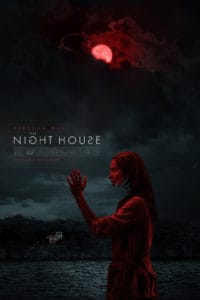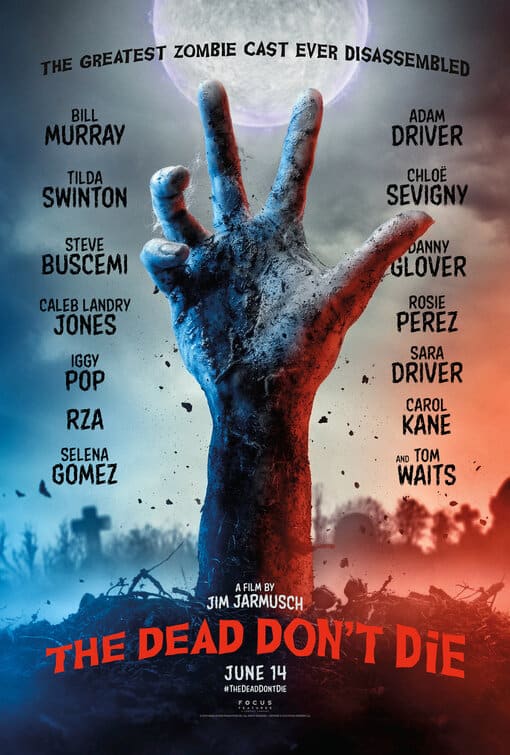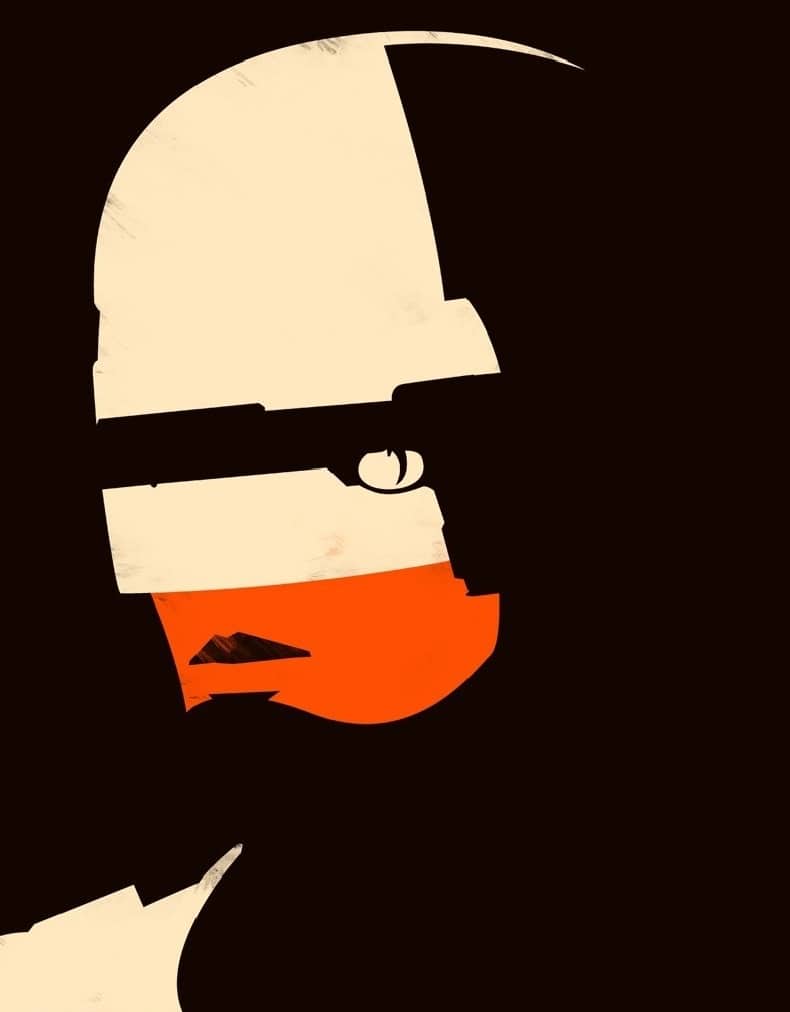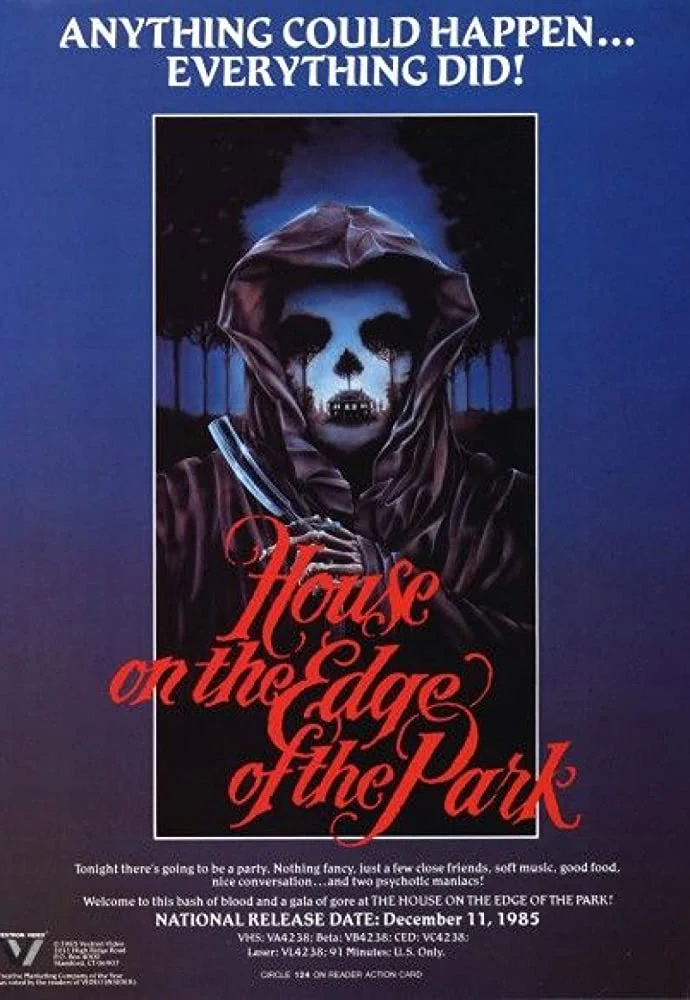
The relationship between film and score can be an interesting one. Some pair together like two ingredients, destined for the same proverbial stew, while others can feel as if two entities crashed together: two disparate, unique experiences that sometimes still come off as a perfect pairing. Ben Lovett’s score for the David Bruckner-helmed The Night House falls confidently into the latter, fitting perfectly into the film, but also allowing its listener to experience a completely different journey on its own.
Bruckner’s film (written by Super Dark Times screenwriting team Ben Collins and Luke Piotrowski) follows a recently widowed woman, Beth (played by Rebecca Hall), doing her best to come to terms with the suicide of her seemingly happy husband. With that plot point alone, the need for a score that brings its viewer/listener into a world of pain and sadness is front and center. From the opening cue, “First Night Alone,” we get just that. Its cold and distant piano notes and ominous strings bring us into the mindset of Hall’s Beth, a woman broken and somewhat angry that the signs weren’t noticeable. A perfect example of taking the pain and loss of suicide, mixed with the otherworldly danger that comes with the infectious depression that follows such a loss, Bruckner’s film addresses these topics in the lens of a demonic darkness plaguing Beth, revealing secrets and possible occult “tricks.”
Lovett seamlessly blends the heart wrenching emotion and supernatural horror, allowing his listener to be lost in sadness before pulling the rug from under us and hitting you with a BIG impact in cues like “Night Vision.” Growing into an uncomfortably tense buildup of strings and ambience, sweeping drone-like sounds come in and out, until the last quarter of the cue hits you like a freight train. It shows Lovett’s ability to use music to not just scare you, but to take you on an all-encompassing ride, a journey that acts as a companion to the film’s mirror houses, terrifying night visions, and danger. But it also works equally well as a self-contained experience.
There’s a story found within cues such as “Second Night Alone.” Although it acts as a soundscape to Hall’s perfectly acted performance and Bruckner’s knack for creating a mood and tone, it also has something to say on its own. The track makes you feel like you’re reaching the end of the tunnel, finding whatever light you’re searching for, before that light is slowly taken. A darker tone infiltrates until the light is replaced with a spectral vibe that nestles into your skin and breathes there. Going from beautiful to haunting to absolutely terrifying seems to be Lovett’s expertise and The Night House is a perfect example of just that.
Already an excellent film, The Night House’s score is another reason why Lovett is easily one of the best composers working in genre storytelling today. His ability to sweep you off your feet before scaring the living hell out of you is unparalleled. An experience all its own, this soundtrack is, without a doubt, one of the best of the last ten years.
About the Author: Harper Smith is a film composer and journalist from California. When not writing about films and the music found within them, they release instrumental music as RainyDaysForGhosts and their debut book, Faith, Doubt, and Existential Horror (an analytical look at William Peter Blatty’s Faith trilogy) is hitting shelves next year via Bear Manor Publishing.



